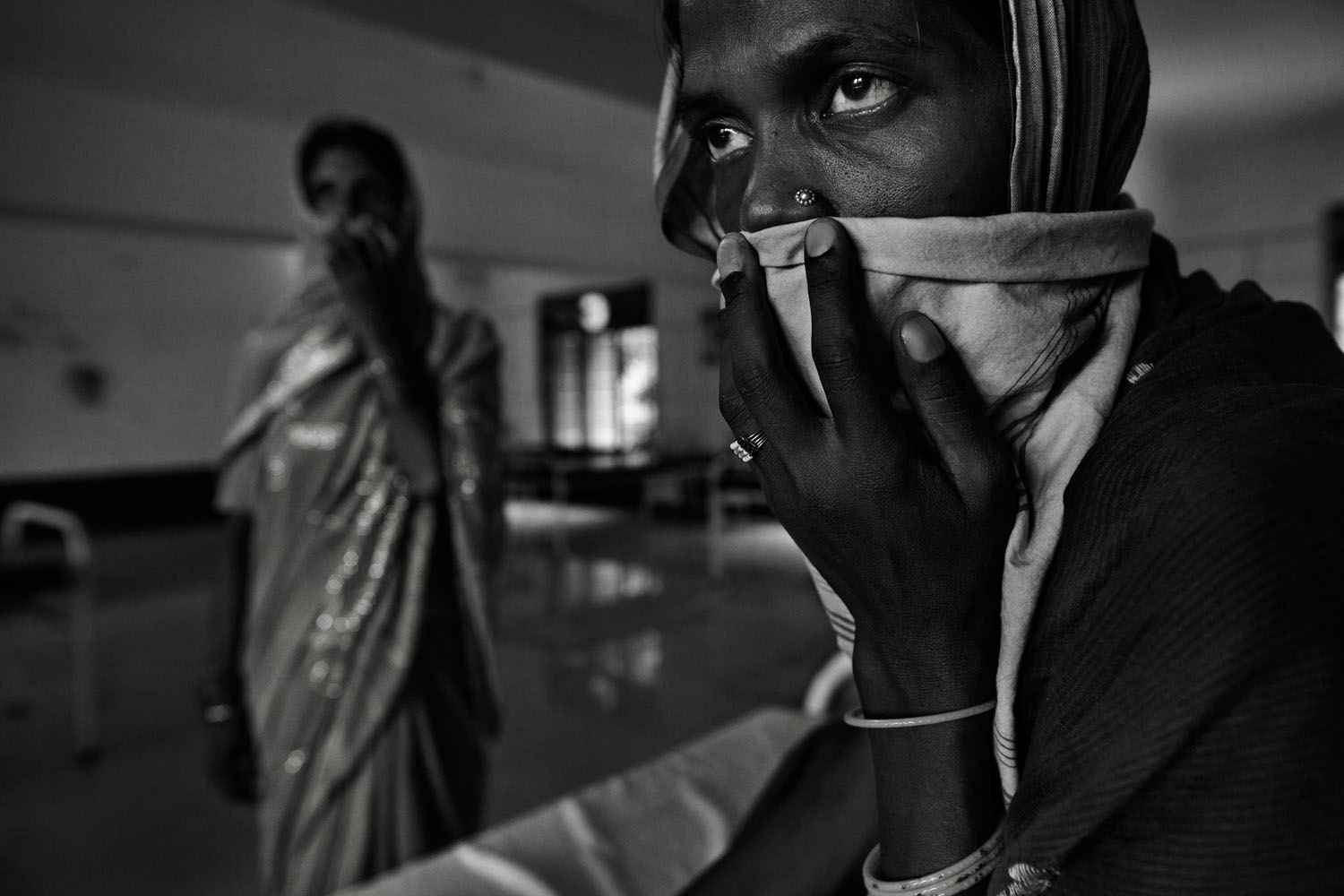
India’s urgent battle against tuberculosis is almost invisible, until you start to look for it. Then you will find it everywhere: in the hospital down the street, in the corner pharmacy, in labs, offices, and schools. With some two million new cases each year, India has more TB patients than any other single country. The government is fighting this ancient, airborne bacteria in both small, far-flung villages and the some of the biggest cities in the world.

And so when news hit in late 2011 that there were patients in India who had cases of TB that weren’t responding to any known drug, the alarm bells went off — loudly. The government has been providing free supervised drugs for TB across the country since 2006. But a TB sufferer can also walk into any number of pharmacies around the country and pick up a prescription to treat his or her own disease. Sometimes it’s the right combination of drugs. Sometimes it’s terribly wrong. As a result, like in other countries, more and more Indians have been developing or catching drug resistant strains of TB, and those strains are getting harder and harder to treat.
Last year, TIME photographer James Nachtwey and I visited Mumbai, India’s glitzy financial capital, and Bihar, one of India’s poorest states, to see what is happening on the frontline. The government is now working hard in both places – and many more like it – to stem the tide of both multi-drug resistant (MDR) and extensively drug resistant (XDR) TB. How that battle is won — or lost — could determine the fate of millions in India, and millions more around the world who are expected to contract MDR TB in the next few years.
Nachtwey has documented the global emergence of MDR and XDR TB in India, Cambodia, Lesotho, South Africa, Siberia, Swaziland and Thailand. You can see a multimedia project resulting from his earlier work at XDRTB.org.
James Nachtwey is a TIME contract photographer who has covered Sept. 11 and the 2011 Japanese tsunami, among other topics, for the magazine. He was awarded the 2012 Dresden Peace Prize.
Krista Mahr is TIME’s South Asia Bureau Chief and correspondent in New Delhi, India.
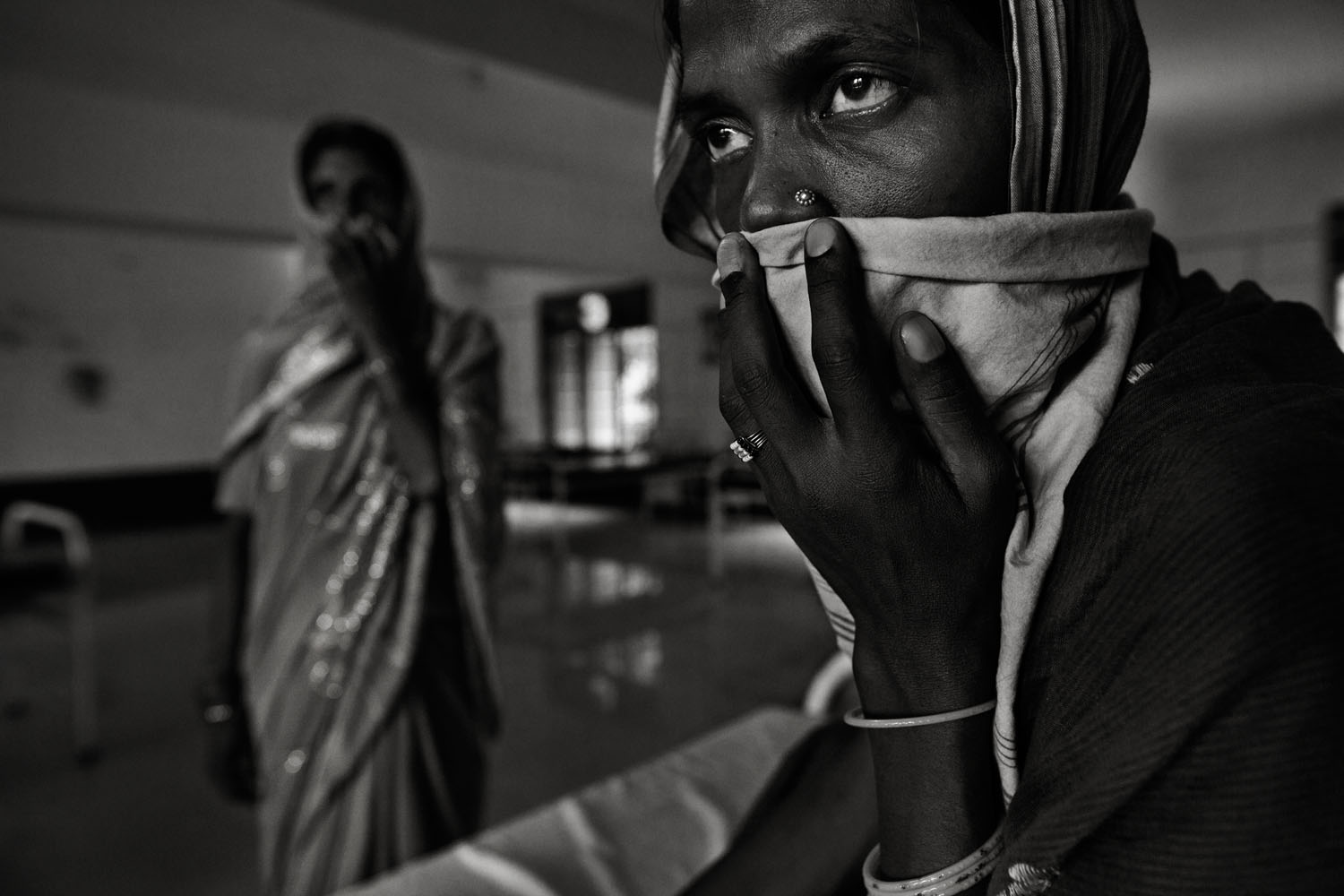
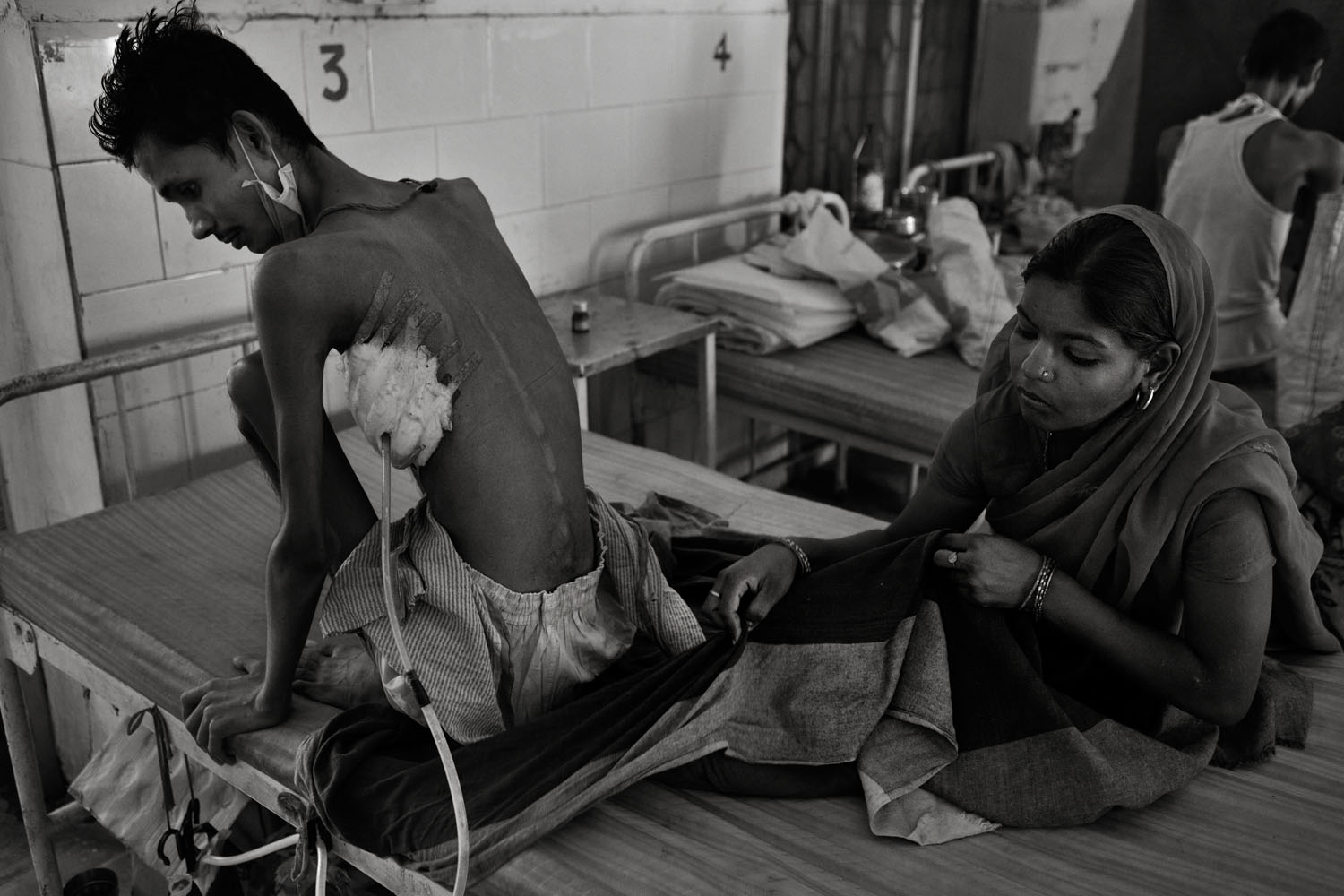
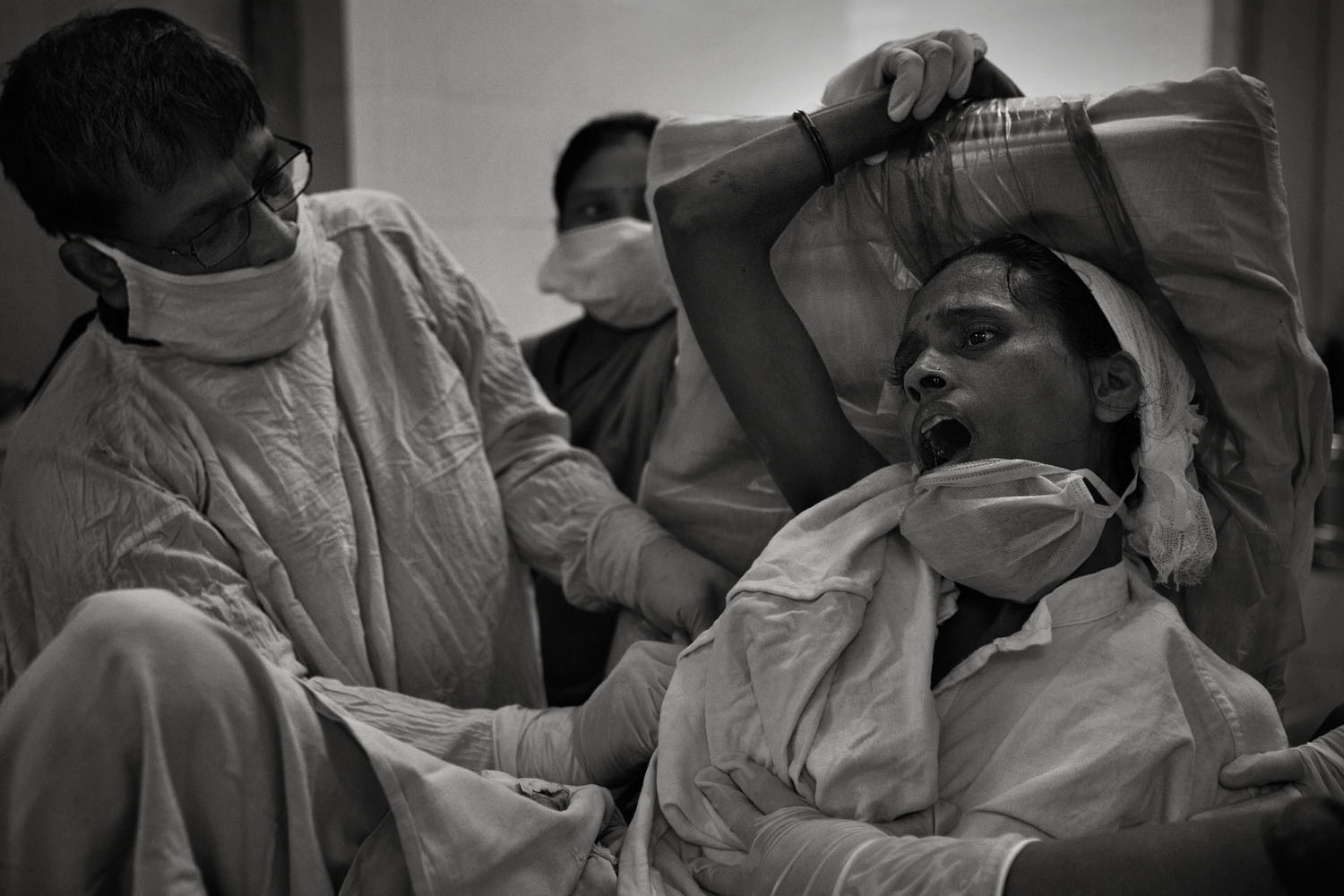
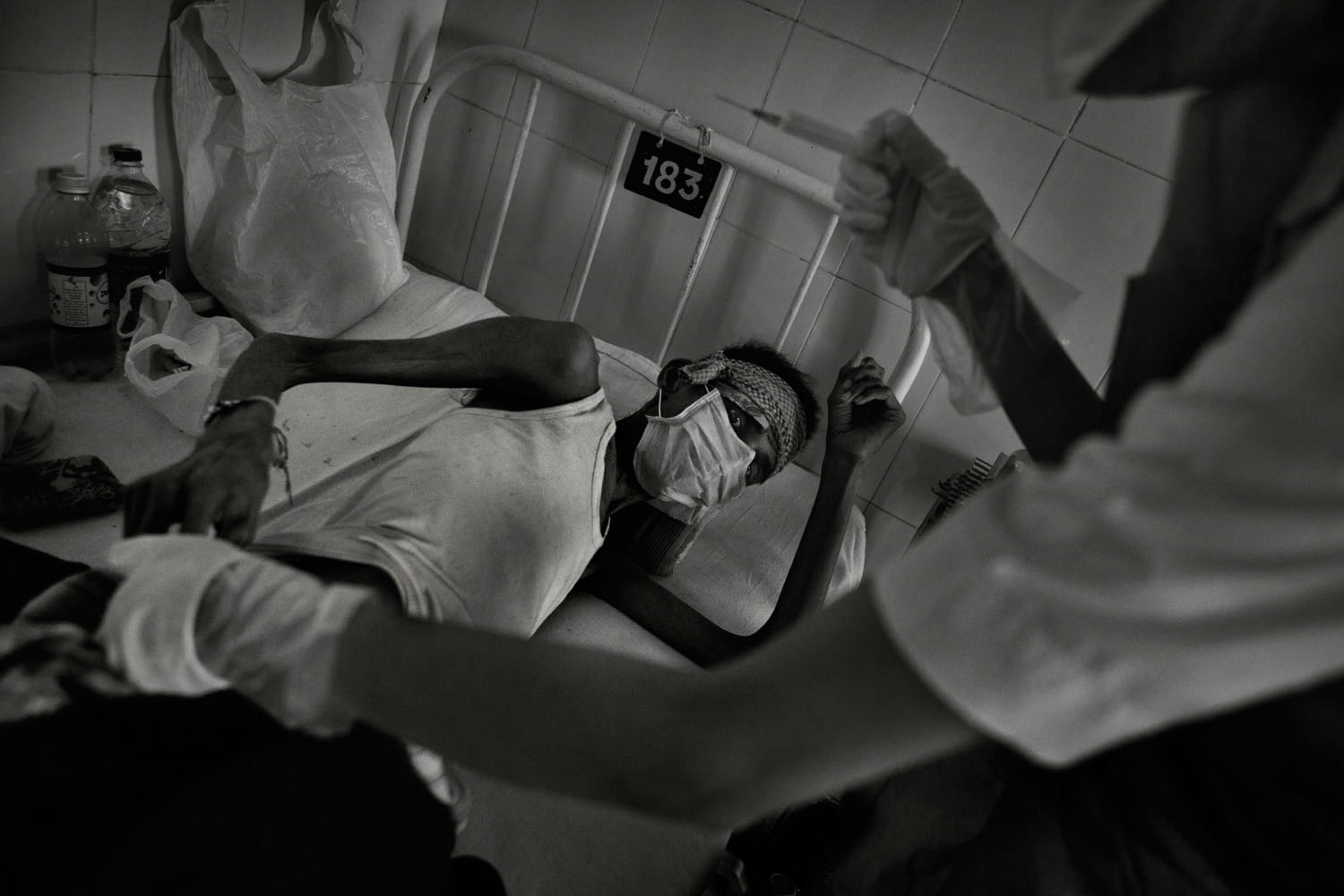
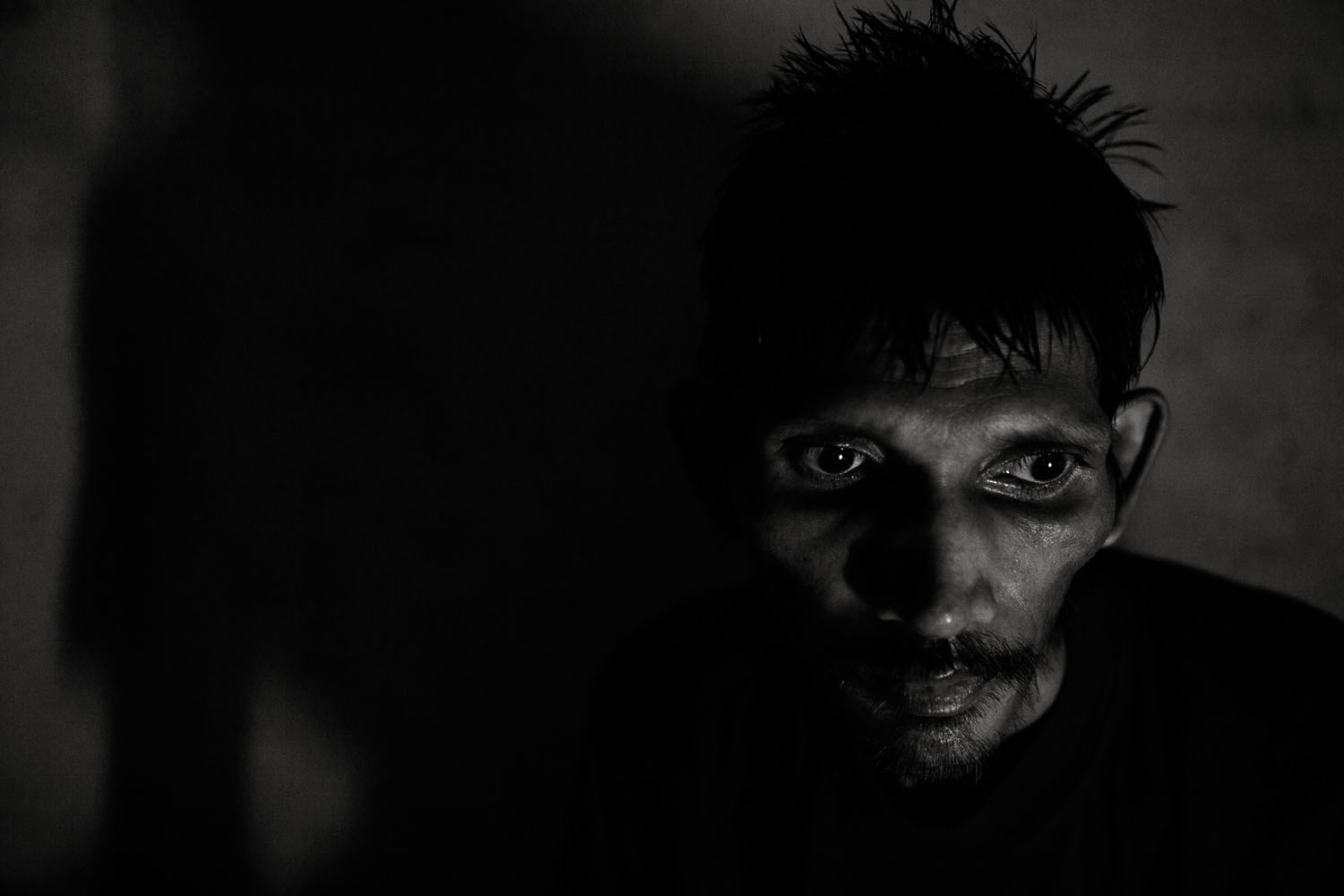
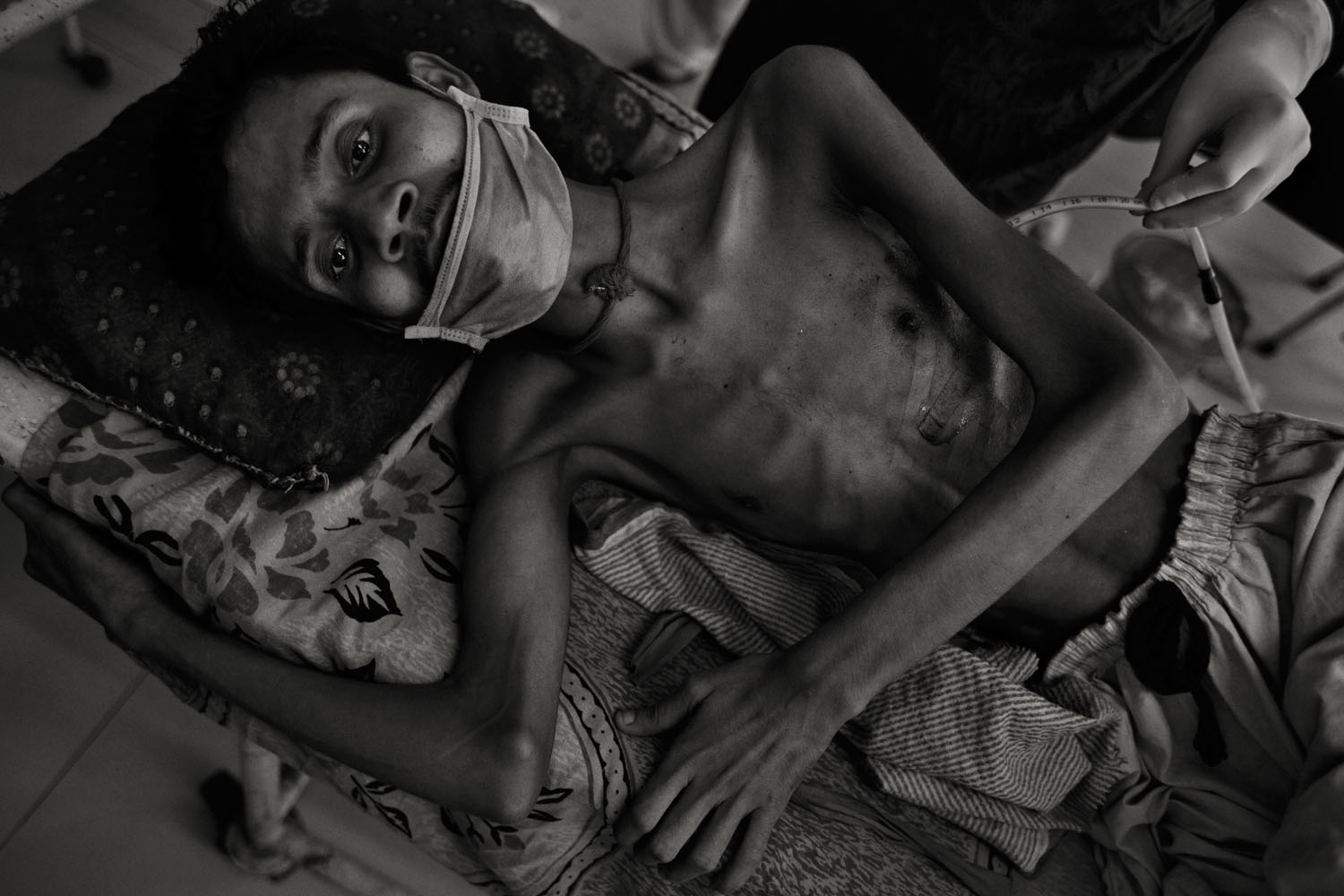
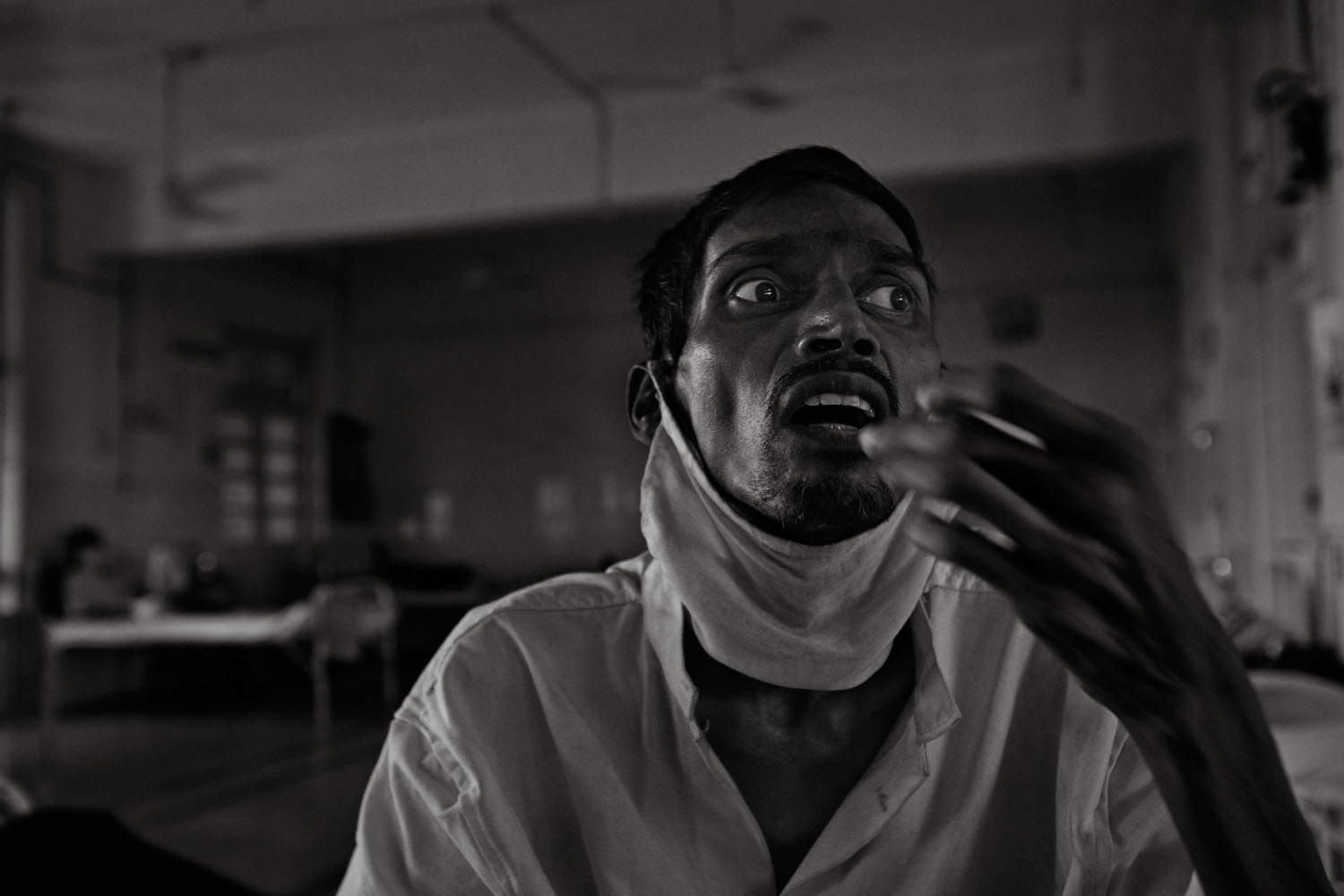
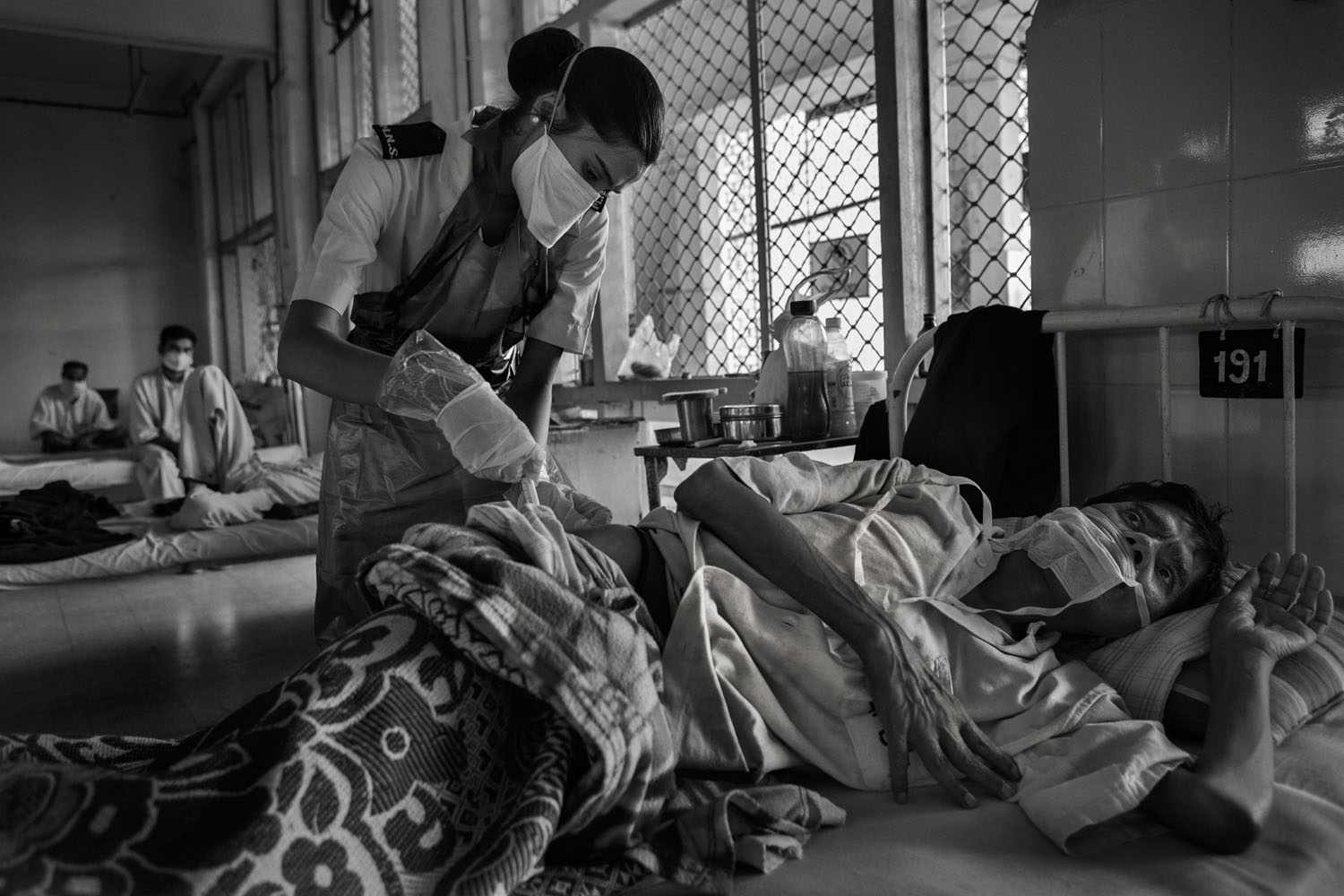
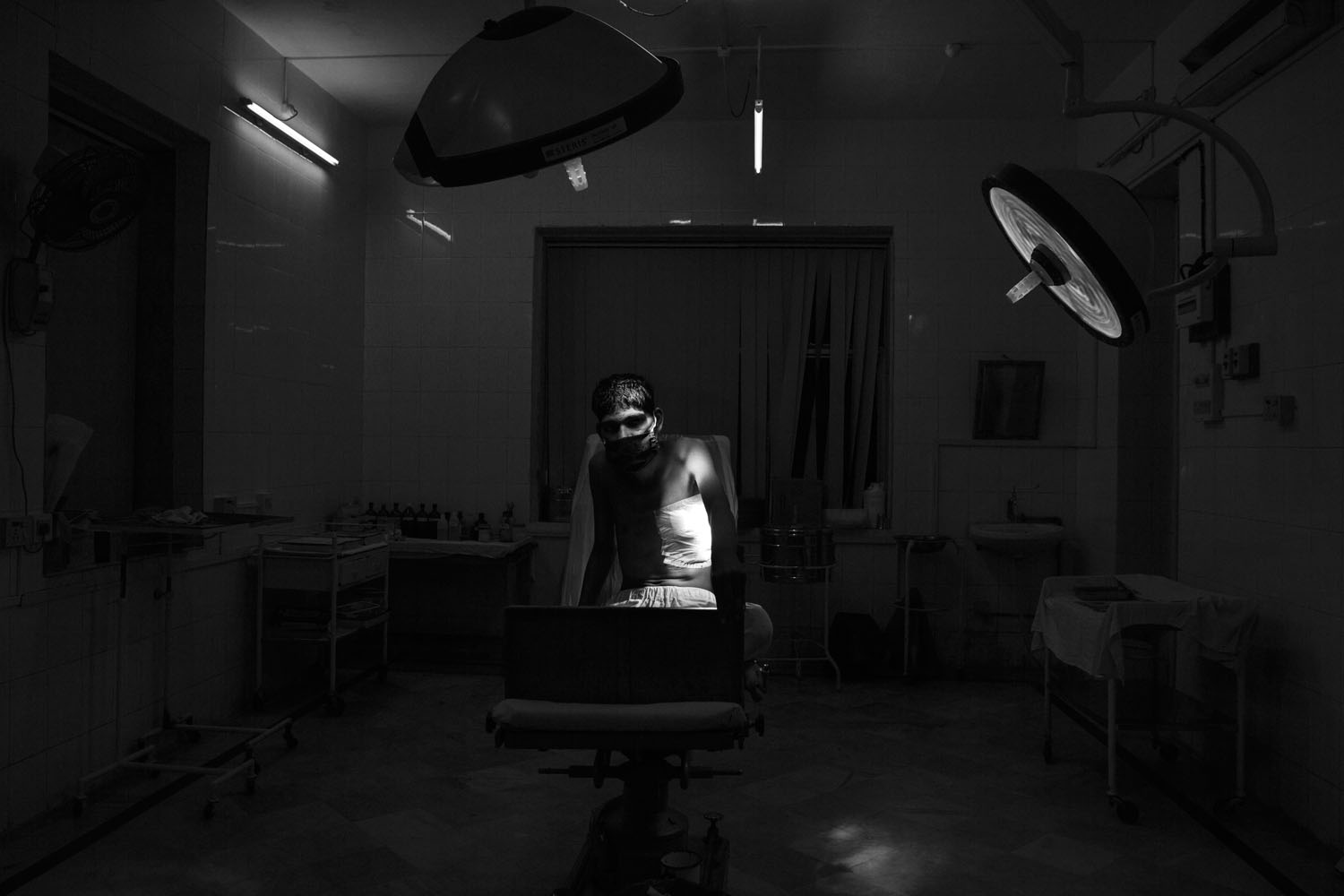
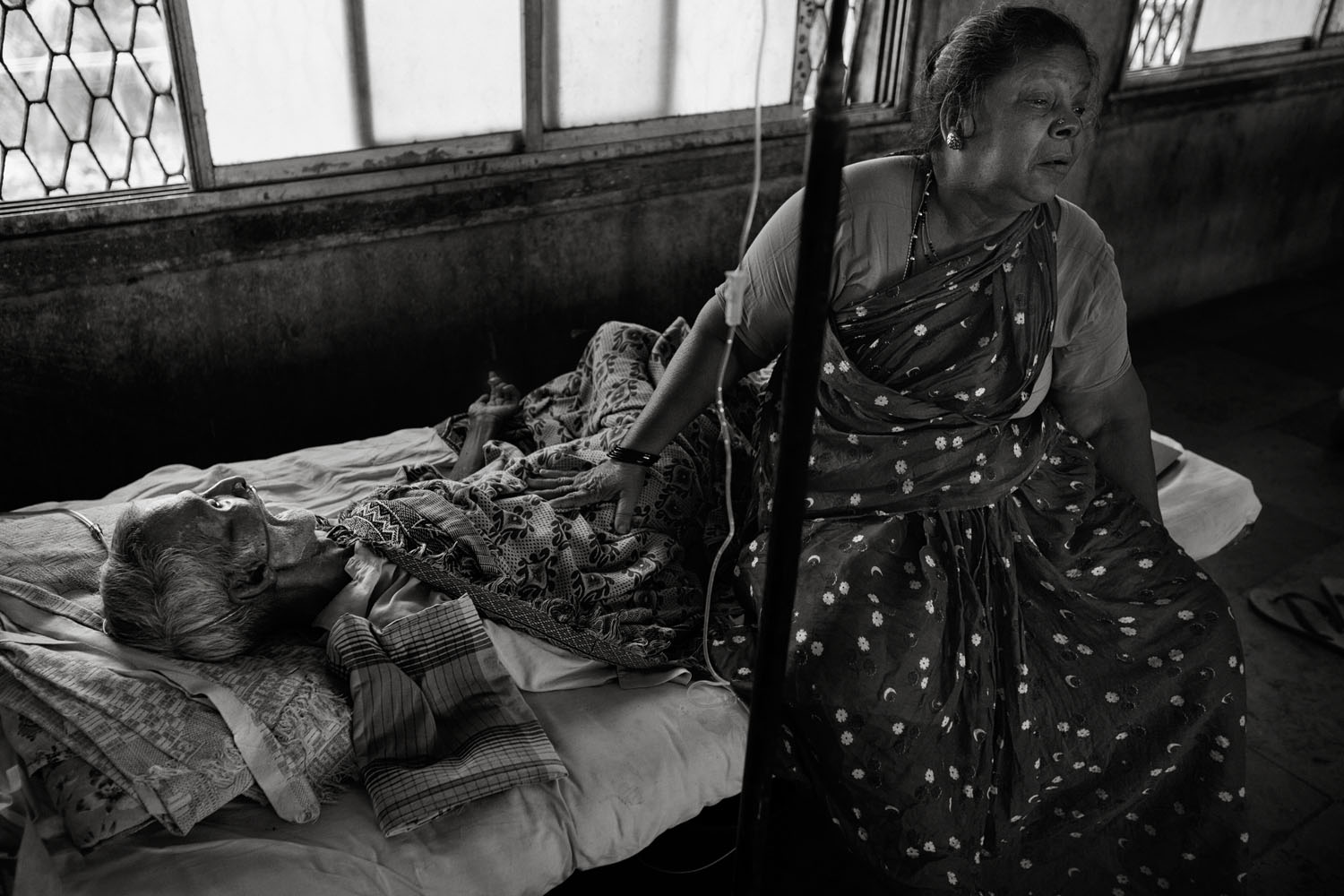
More Must-Reads from TIME
- Donald Trump Is TIME's 2024 Person of the Year
- Why We Chose Trump as Person of the Year
- Is Intermittent Fasting Good or Bad for You?
- The 100 Must-Read Books of 2024
- The 20 Best Christmas TV Episodes
- Column: If Optimism Feels Ridiculous Now, Try Hope
- The Future of Climate Action Is Trade Policy
- Merle Bombardieri Is Helping People Make the Baby Decision
Contact us at letters@time.com